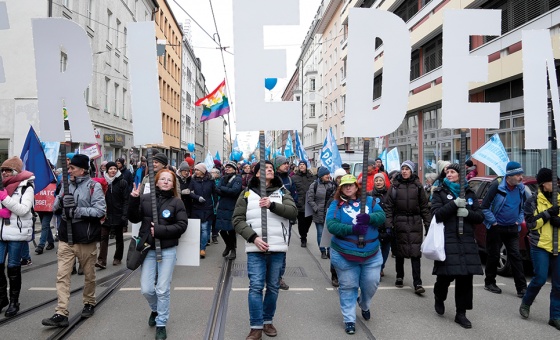BILLIONS in profit “dropped into companies’ laps,” as Citizens Advice puts it, by flaws in Ofgem’s price control set-up are the direct result of households paying inflated energy costs.
The scandal underlines two things: one is that Ofgem does not act in the public interest but in that of the firms it supposedly regulates.
Like the other toothless regulator, Ofwat, pretending to police the great British rip-off by monopolistic water companies, or indeed the Bank of England whose monetary policy works wonders for banks but not England (or Scotland or Wales, come to that), it is part of the machinery masking the fact that the British state serves capitalist profits not British people.
The other is that we are living through a time of corporate plenty. It could hardly be more important to stress this, since the government constantly cites a difficult inheritance from the Tories and a bleak economic outlook as a reason finances are too tight to help pensioners through the winter, or lift children out of poverty, or stick to once ambitious plans for a green new deal.
The government blames international fluctuations in the price of gas for rising energy bills, but if energy companies are reporting record-breaking profits at the same time as household bills are rising steeply, it isn’t hard to work out that there’s a connection between the two.
Average energy bills are two thirds higher than in 2021: few people will need to check their wage slips to see if their pay has gone up 66 per cent in the last four years. The same period has seen British-registered energy giants BP and Shell record their highest-ever profits (in 2022, when they hit $27.7 billion (£22bn) and $39.9bn (£31.7bn) respectively), and they have continued to announce super-profits in the years since.
England’s privatised water network rightly causes outrage because the mainly foreign-owned companies have no interest in fixing leaks or stopping sewage discharges: the fines are paltry compared to their guaranteed income from huge captive markets of customers who cannot change supplier, and execs’ pay depends on how much cash they can siphon out to shareholders.
But in energy, the big firms have a vested interest in not fixing a broken system. This is not just in the broad sense, that companies whose profits derive from extracting and selling fossil fuels are not going to prioritise a shift to renewables.
It applies too to any project that would reduce energy use — such as Labour’s plan to insulate homes, which has been scaled back from a projected 19 million homes over 10 years to just five million over five, again because the Treasury says it doesn’t have enough money for the original £60 billion scheme while those profiting from global warming laugh all the way to the bank.
The “golden era for the super-rich” hailed by the Sunday Times Rich List under the last Tory administration is still with us. Austerity, as the Cameron-Clegg cuts and privatisation drive was known, was never simply about restricting spending: it was about transferring wealth upwards. Inequality is the key reason British public services are on their knees, our bills keep rising and our living standards continue to fall.
So it is right to make every exposé of Big Energy’s profiteering a political issue. The country is only broke because it won’t tax wealth or profit properly. The government is only powerless to stop living costs rising because it won’t take public control of energy and water and introduce price controls for other essentials.
The labour movement should join hands with activists in campaigns from We Own It to the End Fuel Poverty Coalition, People’s Assembly and more to rebuild a political movement for public ownership. Working-class people are fed up of being taken for fools.









